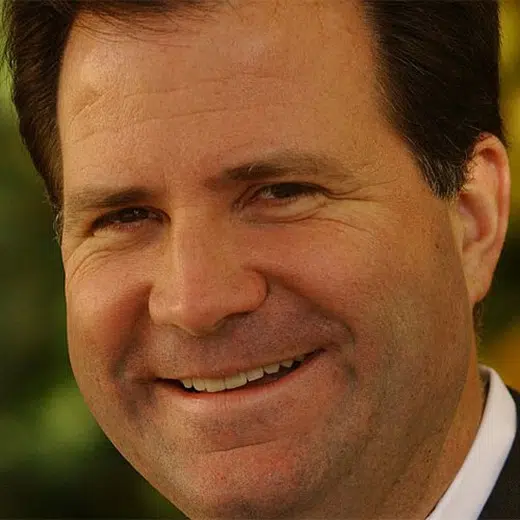NEW YORK (Reuters) – Players from the U.S. women’s national soccer team filed a final brief with the Ninth Circuit Court of Appeals on Monday in their bid to revive their equal pay case against U.S. Soccer.
Judge R. Gary Klausner of the United States District Court for the Central District of California in 2020 threw out the players’ claims that they were underpaid in comparison with the men’s national team.
The team filed their opening brief in the appeal five months ago, saying the decision to dismiss the case was based on flawed legal reasoning.
“The district court held that the women have no claim because they received more total compensation than the men. That is flatly wrong,” the plaintiffs said in Monday’s closing brief.
“Total compensation is not the standard under the Equal Pay Act or Title VII. The Equal Pay Act says to compare rates of pay, not total compensation.”
Asked to comment, U.S. Soccer referred Reuters to previous statements and noted it offered identical contract proposals to the men’s and women’s players associations, a move the United States Women’s National Team Players Association (USWNT) said in September amounted to little more than a publicity stunt.
U.S. Soccer and the women’s team reached a deal on Monday to extend a no-strike/no-lockout agreement to March 31, 2022, while continuing collective bargaining agreement (CBA) negotiations.
Under the agreement, U.S. Soccer said it would no longer pay salaries of national team members to play in the National Women’s Soccer League (NWSL).
“We’re scheduled to meet with the USWNT today to continue economic discussions around the identical offers that we presented to both the USWNT and USMNT (U.S. Men’s National Team Players Assocation) on September 14,” U.S. Soccer said.
“We continue to wait on the USMNT Players Association to do the same and hope to soon work directly with USMNT players to get a deal done.”
Monday’s filing by the four-time World-Cup winning U.S. women’s team marks the latest chapter in a long-running and acrimonious legal saga since the players sued in 2019, claiming $66 million in damages under the Equal Pay Act.
The two sides reached a settlement over working conditions a year ago.
(Reporting by Amy Tennery in New York; Editing by Ken Ferris)






